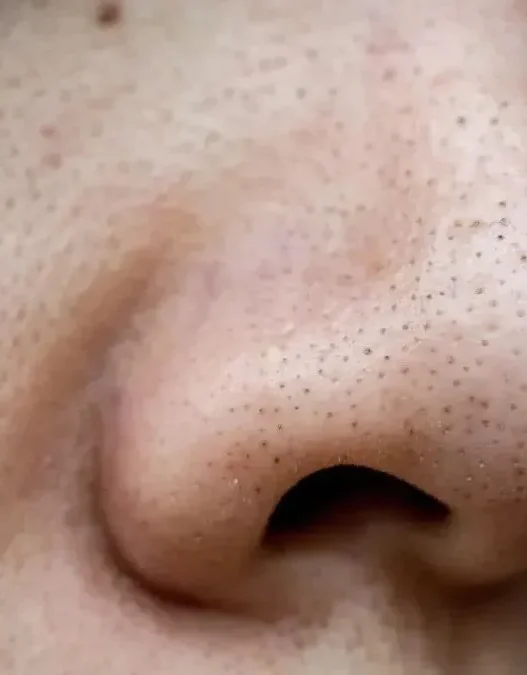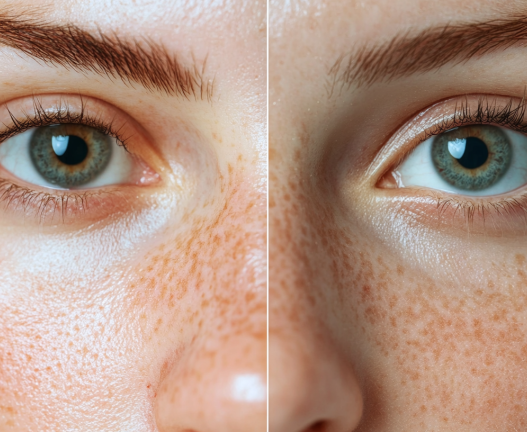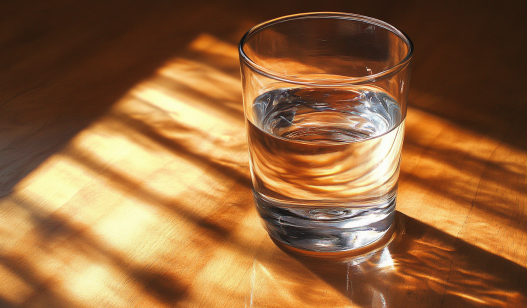Sometimes the smallest actions in life hold the greatest power. These habits may seem trivial or even placebo-like, but science proves that they can lead to significant health benefits. Minimal effort, maximum rewards—it’s a deal you can’t afford to miss! Let’s dive in to see if you’ve unlocked these health hacks.
1. Stand After Meals to Stabilize Blood Sugar
Many dismiss the idea of walking or standing after meals, fearing it might hinder digestion. However, your body will thank you for even a short post-meal activity.
After eating, blood sugar levels spike within 1 to 1.5 hours. If you immediately sit or lie down, you’re passing all the metabolic stress onto your body. Over time, this habit can lead to complications.
Research shows that standing after meals can reduce postprandial blood sugar by 9.51%, while light walking lowers it by an impressive 17.01%. Just 2–5 minutes is enough!
Muscles are key players in utilizing blood sugar. Gentle post-meal activity helps muscles quickly absorb glucose, easing the pressure on your pancreas.

If work demands you return to your desk, consider standing briefly once every minute or so. At home, use the time to wash the dishes—it’s simple and effective!
2. Heel Lifts: Boost Circulation and Metabolism
Think heel lifts are too subtle to matter? Think again!
Raising and lowering your heels engages the soleus muscle, nicknamed the “second heart.” While your actual heart pumps blood downward, the soleus pumps it back up.
This motion improves lower limb blood flow and reduces the risk of blood clots from prolonged sitting. On a metabolic level, the soleus is remarkably efficient—though it accounts for just 1% of body weight, activating it can double your carb metabolism and enhance fat and blood sugar regulation.
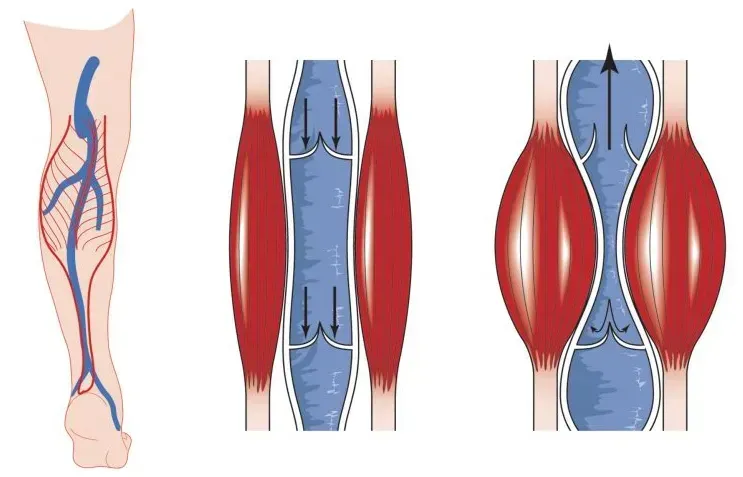
Best of all, this exercise is discreet. While your upper body appears composed, your legs are secretly working out. Perfect for office warriors—start now!
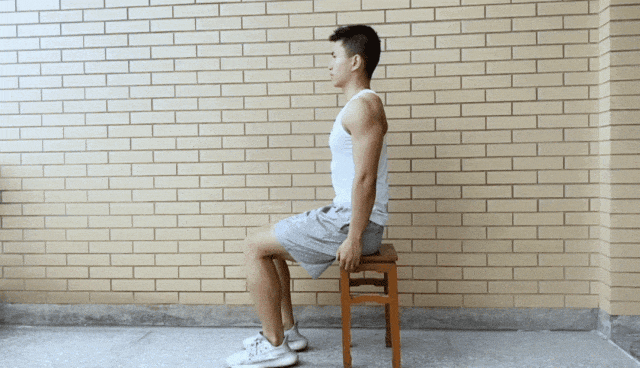
3. Walk Backwards for Joint Health and Brain Power
Ever wondered why seniors in parks walk backward? It’s not just for fun—this underrated exercise has extraordinary benefits.
Backward walking engages rarely-used muscles, improves balance, and forces the body to adjust in new ways. Unlike regular walking, where the body leans forward and knees bear much of the strain, backward walking shifts your center of gravity backward. This activates core muscles, glutes, and hamstrings while reducing knee pressure.
Regular backward walking strengthens your posterior chain, protects your spine and knees, and alleviates pain. It also enhances balance and coordination, reducing fall risk as you age.
Aim for 10-minute sessions 2–3 times a week. Remember to keep your posture upright and practice in obstacle-free areas for safety.
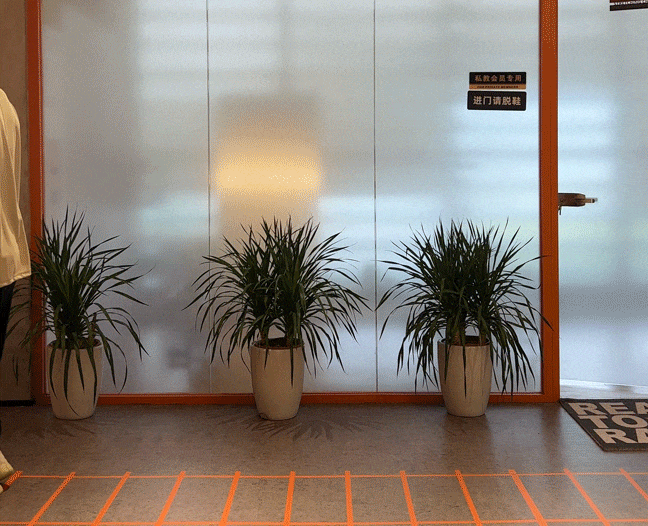
4. Weekend Sleep-Ins Benefit Heart Health
Contrary to popular belief, sleeping in on weekends isn’t just lazy—it’s heart-smart!
A study from Nanjing Medical University found that catching up on sleep over the weekend can lower cardiovascular risk. People who slept an extra hour on weekends had a 63% lower risk of heart disease compared to those who didn’t. If you typically get less than 6 hours of sleep on weekdays, even 2 extra weekend hours can cut heart disease risk by 70%.
However, moderation is key—oversleeping has downsides. A 1–2 hour catch-up is ideal. While this doesn’t entirely offset the effects of chronic sleep deprivation, it’s a step in the right direction.

5. Fast Walking Keeps You Young
Do you know someone who always walks briskly, as if they’re on a mission? They may have found the secret to staying young.
Research involving over 400,000 adults revealed that fast walkers are biologically younger. Their biological age was up to 16 years younger than their chronological age, and their life expectancy was significantly longer.
Even just 10 minutes of brisk walking a day can add years to your life. Walking quickly stimulates your cardiovascular system and keeps your body in prime condition. So, the next time you see a fast walker, join in—you’ll thank yourself later!
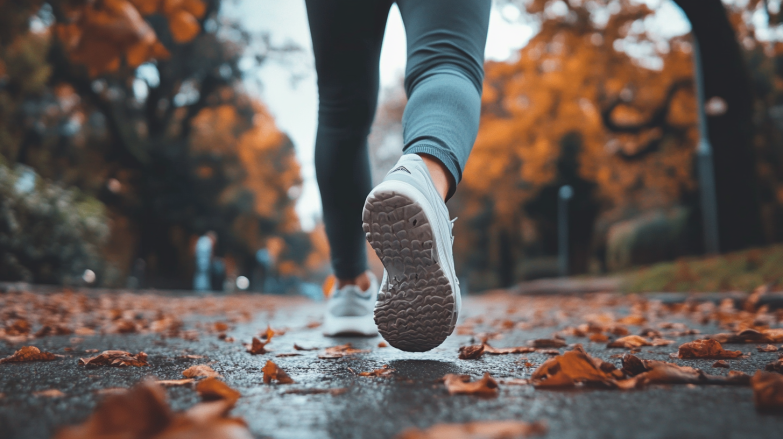
6. 20 Minutes in the Park: A Stress-Busting Boost
The “20-Minute Park Effect” has gone viral, and for good reason—it’s backed by science.
Studies show that spending just 20 minutes in a park can significantly lower stress. About 76.7% of participants reported increased happiness, and 78.3% experienced a reduction in cortisol levels, the primary stress hormone.
Daytime outdoor exposure also helps your body produce vitamin D, regulates your sleep cycle, and improves overall health. Don’t let colder weather keep you indoors—bundle up and enjoy the therapeutic effects of nature.

7. Rinse After Meals for Healthier Teeth
While high-tech toothbrushes and dental gadgets abound, the simple act of rinsing your mouth remains a cornerstone of oral hygiene.
Acidity is the enemy of your teeth. Normally, your mouth’s pH is neutral at around 7. Eating, especially sugary or acidic foods, lowers pH to 4–5, which accelerates enamel erosion.
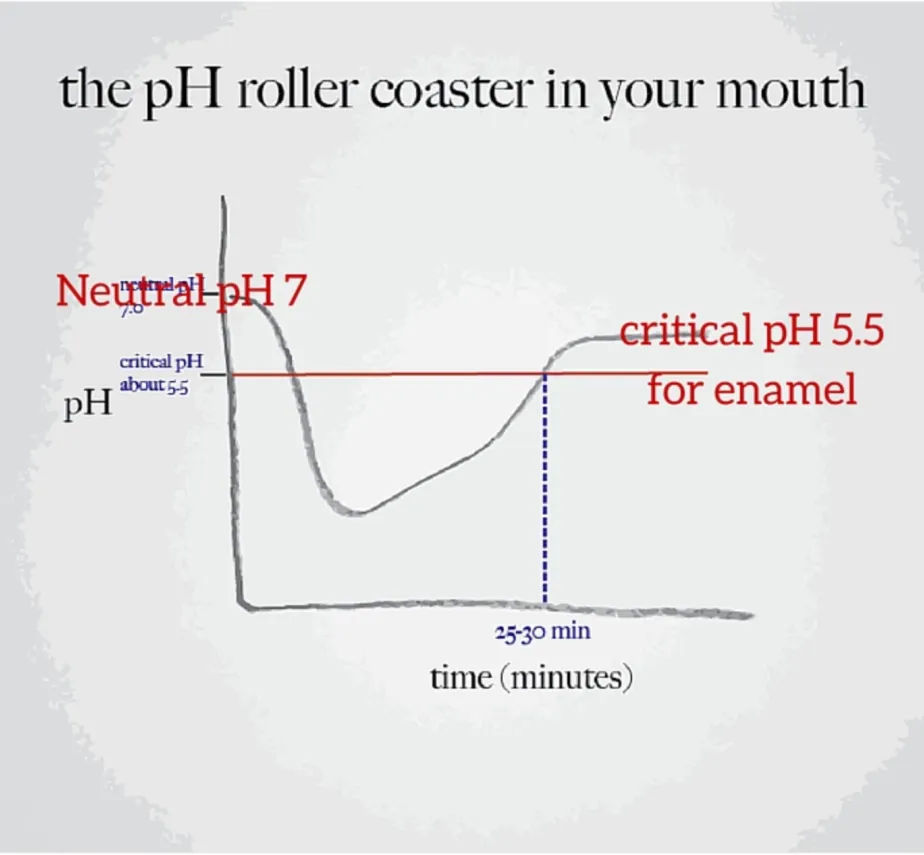
Rinsing with water after meals quickly restores pH balance and protects your enamel. Minimize sugary drinks and snacks, and rinse immediately after consuming them. Sometimes, simplicity is the best defense!

These simple yet powerful habits are easy to incorporate into your daily life. With minimal effort, they can lead to long-lasting health benefits. Start small, and let these hacks transform your well-being!













